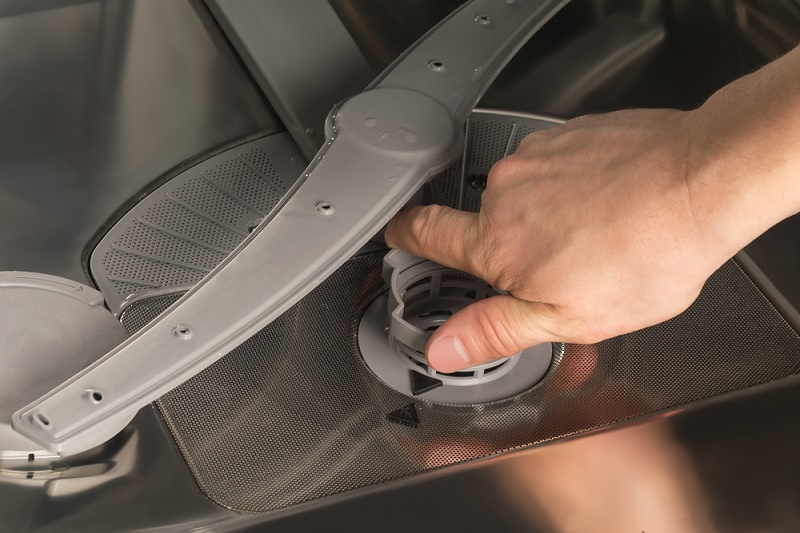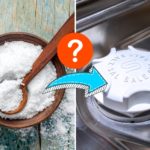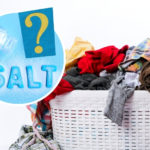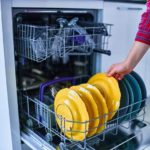Dishwasher salt is a necessary part of the process that keeps your dishwasher running smoothly and leaves your dishes shiny and clean at the end of each cycle.
There are a few potential alternatives to dishwasher salt that will be outlined below, but if you want the best possible results in the long term, you’re better off sticking to traditional dishwasher salt.
What Does Dishwasher Salt Do?
Dishwasher salt keeps the water running into your dishwasher soft and ensures that limescale does not build up in any part of your machine. Limescale tends to form in any environment in which water is heated up to very high temperatures.
The amount of dishwasher salt that will be required by your dishwasher depends on how hard the water is in your area.
If you live in a hard water area, then you will need to pour 1 kg of dishwasher salt into your machine whenever the light is telling you it is empty. If you’re in a soft water area, then you will require half a kg of dishwasher salt.
The dishwasher will take salt from the salt storage area whenever it requires it and will use only what it requires at the time.
Usually, you should only need to replenish the salt once every three to four months. You may need to fill it more often if you use your dishwasher daily.
If your machine doesn’t have a light to indicate that the salt is running low, you will know that it needs to be replaced because you’ll notice that the dishes will start coming out of the machine looking less clean and shiny than they should be.
What Can You Use Instead of Dishwasher Salt?
If for any reason you find yourself without any dishwasher salt, but your machine is indicating that it has run out then there are a few alternatives to consider! These alternatives are not going to last as long as proper dishwasher salt though.
White vinegar
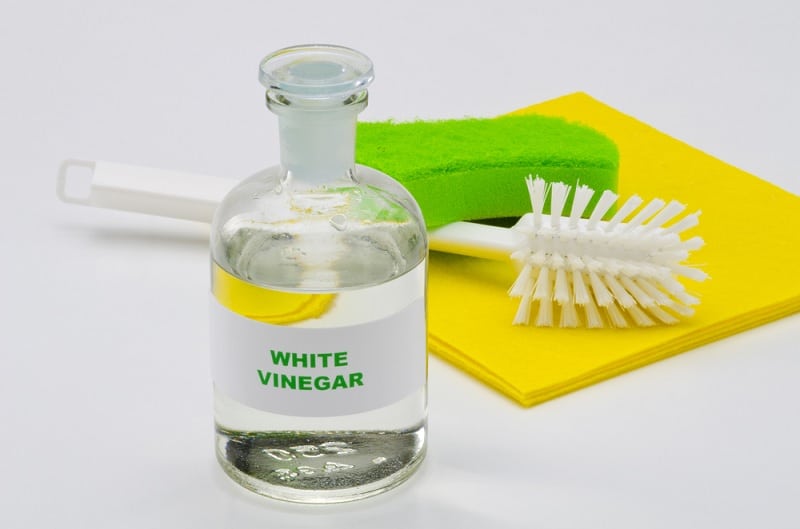
The safest alternative to dishwasher salt is white vinegar. This can be added to your machine in the same area as where you put your dishwasher tablets, rather than where you usually add the salt.
Bicarbonate of soda
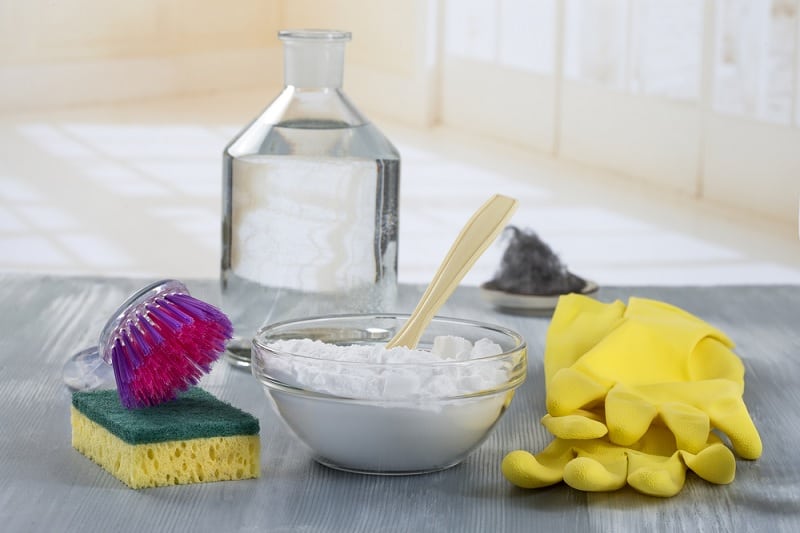
If you want to take it a step further, then you can sprinkle a tablespoon of bicarbonate of soda into the machine as well.
This is a solution that will work effectively for a few washes but in the long run, it is still best to buy proper dishwasher salt as it is designed to keep that hard water from causing any damage to your machine.
Alternatives to Avoid
There are several things to make sure to avoid when looking for alternatives. Do not put any powder, such as bicarbonate of soda, inside the space that is designated for dishwasher salt because powders can create foam, and this is not what should be happening in the dishwasher salt area.
Also, avoid any type of table salt or rock salt. These salts are too fine and will cause clogging in the dishwasher’s reservoir over time.
Many websites will say that kosher salt is safe for dishwasher use but this is not advisable as it is still too fine, and there are also minerals in this salt that can cause harmful build-ups in your machine over time.
Conclusion
There are a couple of alternatives to dishwasher salt but most of these alternatives are short-term and are not advisable to use all the time.
However, they are safe to rely on if you find you’ve suddenly run out of dishwasher salt on a day when you really need your dishes to come out of your machine sparkling and clean.
If you want your machine to run in peak condition and your dishes to always be shining then your best option is to buy proper dishwasher salt that is guaranteed to soften your water and prevent limescale from building up in your machine.

An adventurous book lover with an animal obsession and a proclivity for travel and spontaneity. Used to passionately despise cleaning but has grown to enjoy it thanks to learning all the best tricks and shortcuts to guaranteeing a stress-free routine and a spotless home.
